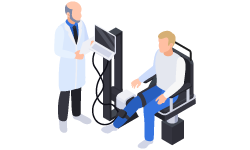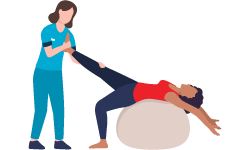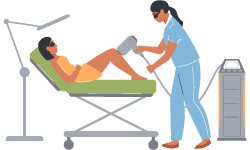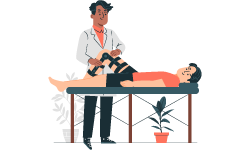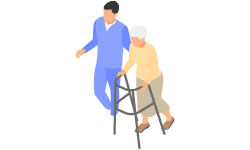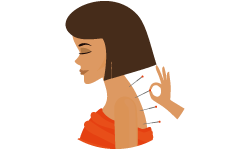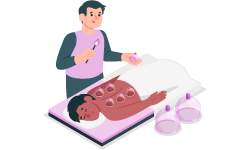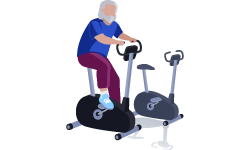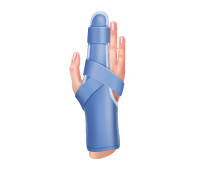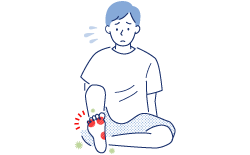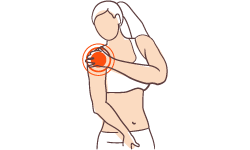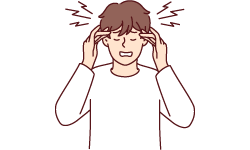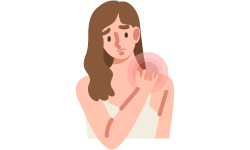Appropriate screening methods for diagnosing RA have to include a system of careful history taking in a health history as well as specific diagnostic tests such as blood work and imaging studies in order to confirm the diagnosis.
Diagnosis and Treatment:
To confirm rheumatoid arthritis, see a doctor. They will examine you, check your medical history, and prescribe blood and imaging tests.
Reduce inflammation, manage symptoms, avoid joint degeneration, and improve quality of life with rheumatoid arthritis treatment. Common methods:
1. Medication: NSAIDs, DMARDs, and biologic medicines can lower inflammation and halt disease development.
2. Physical therapy: Physical therapists can develop workouts and advise on joint protection to increase joint flexibility, strength, and function.
3. Assistive devices: Braces, splints, and orthotics help reduce joint tension.
4. Lifestyle changes: Regular exercise, a balanced diet, stress management, and enough rest can improve symptoms and overall well-being.
5. Surgery: Joint replacement or fusion may be considered for serious joint injuries.

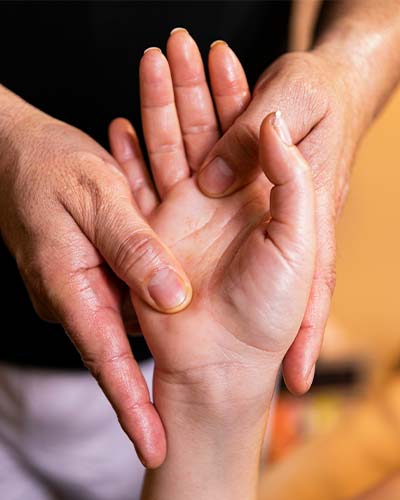
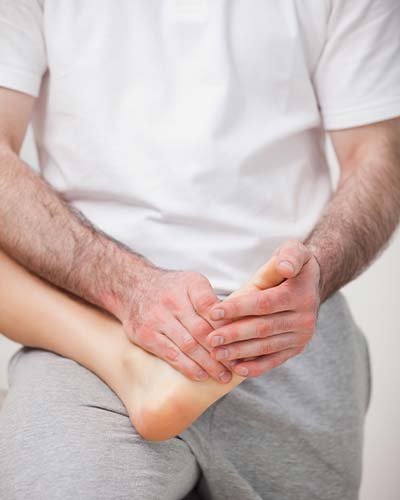









 1st Feb 2024
1st Feb 2024
 23rd Jul 2023
23rd Jul 2023
 23rd Jul 2023
23rd Jul 2023
 18th Jul 2023
18th Jul 2023
 16th Jul 2023
16th Jul 2023
 16th Jul 2023
16th Jul 2023
